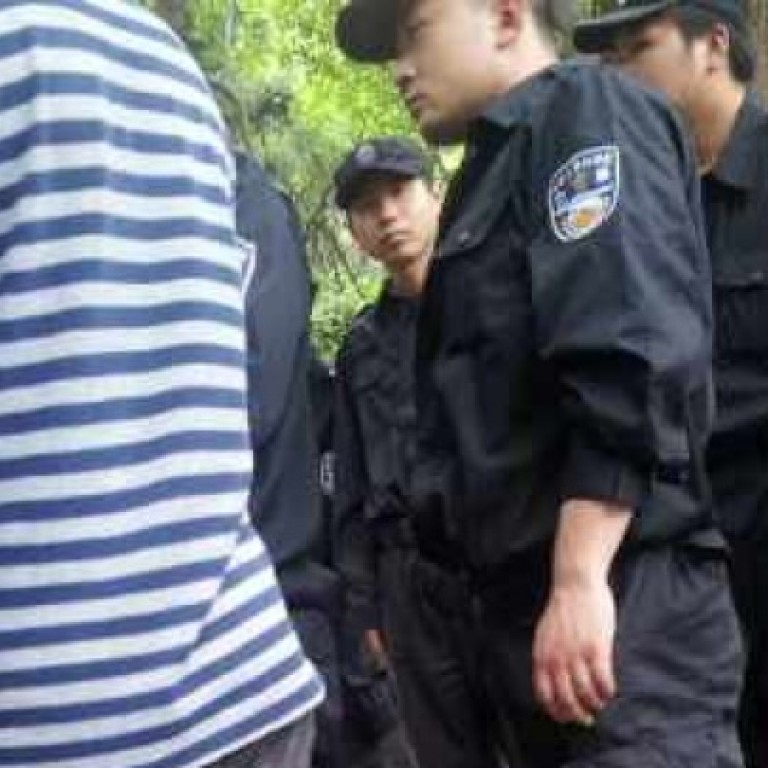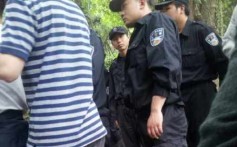
Remembrance of dissident Lin Zhao obstructed on 45th execution anniversary
On the back wall of a gravestone shop, the two fading characters Lin Zhao and an arrow point to a cemetery. The tomb-sweeping festival has already passed, but only one of the graves there still had fresh flowers on it. Behind it was barbed wire and a video camera.
The grave is of Lin Zhao, a dissident intellectual executed on April 29, 1968. Her final resting place on the southern slope of Mount Lingyan - at the outskirts of Jiangsu's provincial capital Suzhou - has become a gathering place for dozens of people seeking justice for those persecuted during the Cultural Revolution and freedom of expression in today's China.
Even though state security has previously tolerated quiet gatherings at her grave, remembrance gatherings to mark the 45th anniversary of her execution were obstructed on Monday.
Liu Shihui, a lawyer from Inner Mongolia now living in Guangzhou, and Chengdu-based activist Chen Yunfei told the Post they were stopped by plainclothes state security officials on a road leading to Lin's grave. They said they had been ruffed up and insulted by the plainclothes officials, who also deleted photos on their phones.
"Last year, I went to the grave and no one stopped me," said Chen.
"This year it seems to have become a sensitive issue. They are trying to tarnish Xi Jingping's constitutional Chinese dream," he said, referring to a slogan by the new president that stirred hope among liberals for an unprecedented enforcement of rights guaranteed in the constitution.
Ge Jueping, who lives six kilometres from the grave, said he and a dozen other locals had been placed under domestic surveillance over the last three days.
He said in a weibo post that he had offered to serve as a free tour guide to people wanting to pay their respects to Lin's grave at the weekend and on Monday. "A state security officer came to ask me questions [on Sunday], but he didn't say when I'd be free again," he said on the phone.
"Lin makes Jiangsu proud, because she dared to say the truth," the 54-year-old said.
About a hundred people managed to get to the grave site, where they were met by just as many police officers, urban management officials and plainclothes state police, said 40-year-old Chen Zongyao from Wenzhou. "We were allowed to light incense, but not allowed to speak," he said. "We are trying to go up to the grave again tomorrow."

Lin was executed as a rightist in Shanghai in 1969, nine years after being sentenced to 20 years in jail for "counter-revolutionary activities". Police famously demanded a 0.5 yuan payment from her family for the bullet that killed her.
As a Peking University student, she called for political freedoms during the Hundred Flowers campaign in 1957 that briefly allowed public political debate. After the ensuing crackdown, she started an underground newspaper, which led to her first prison sentence.
Lin has officially been rehabilitated in 1981, her name has not been censored on her anniversary and news outlets have previously been able to publish eulogies on her. Yet, the efforts to avoid a gathering at the grave on Monday seem to reflect the continued sensitivity over atrocities committed during the Cultural Revolution.

